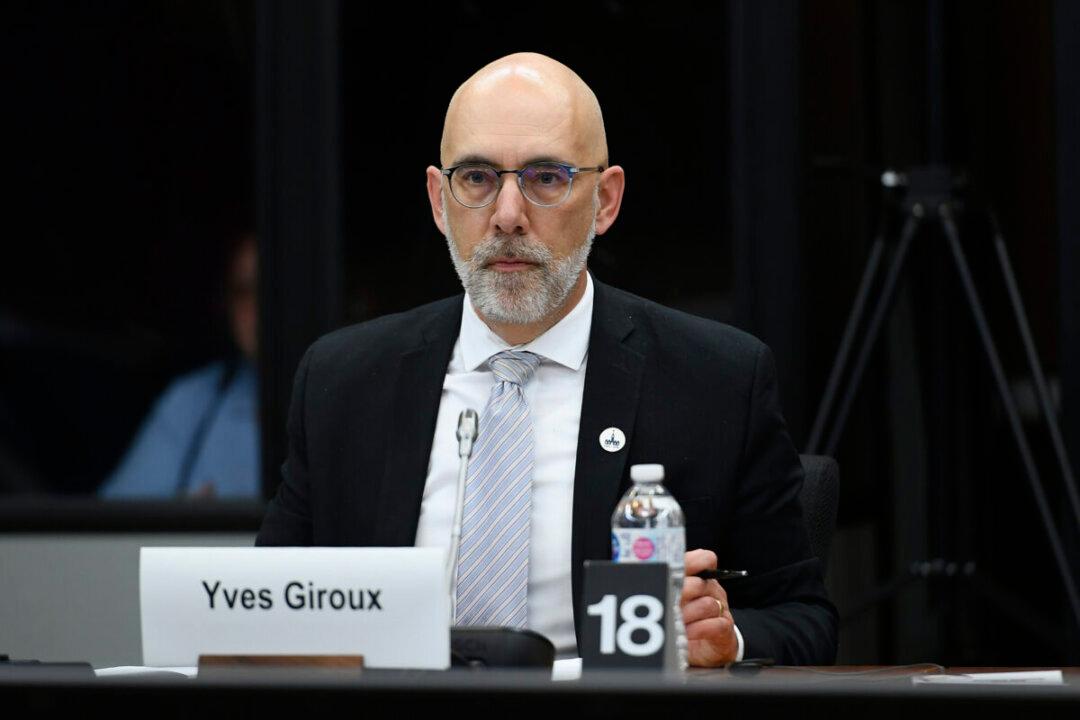An automatic income tax filing service being piloted this year could see Ottawa paying over $8.5 billion in unclaimed government benefits to lower-income individuals over the first five years, a report by the Parliamentary Budget Officer (PBO) estimates.
The PBO analysis, published June 13, is based on assumptions about an automatic tax filing service provided by the Canada Revenue Agency (CRA) that would complete the tax returns for people who didn’t file in a given tax year and for whom the agency has enough information in its records to do so.





